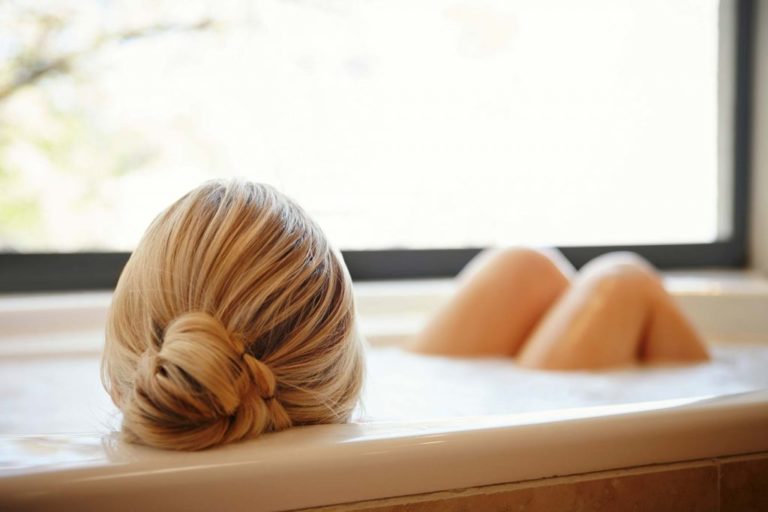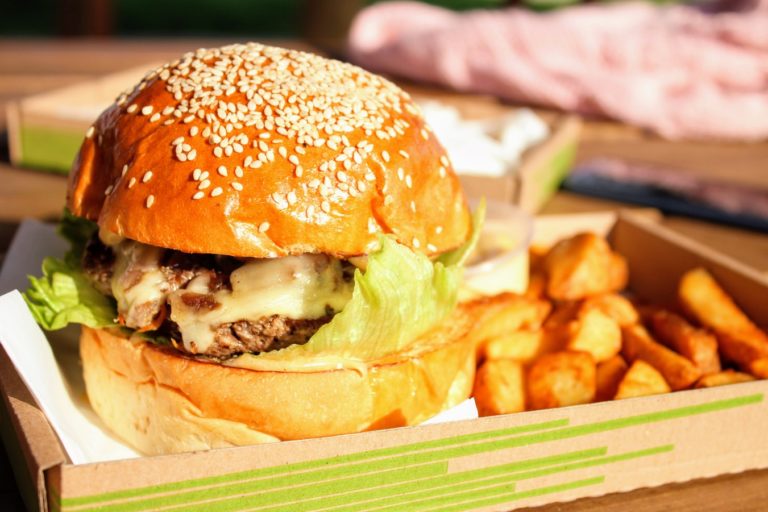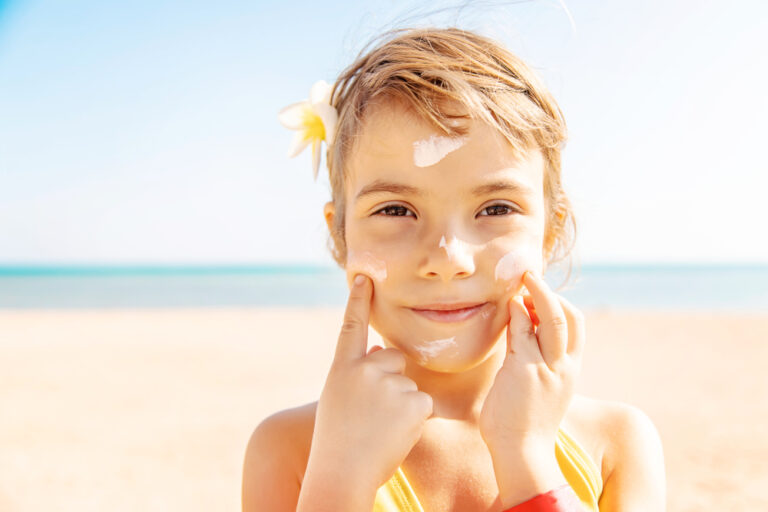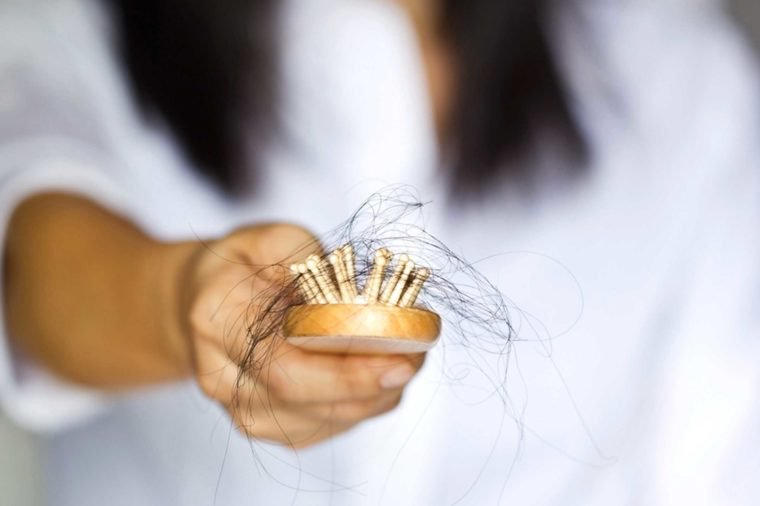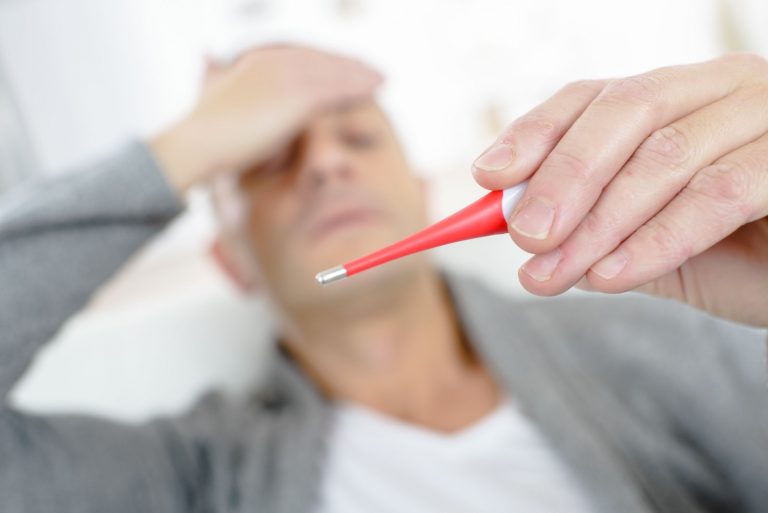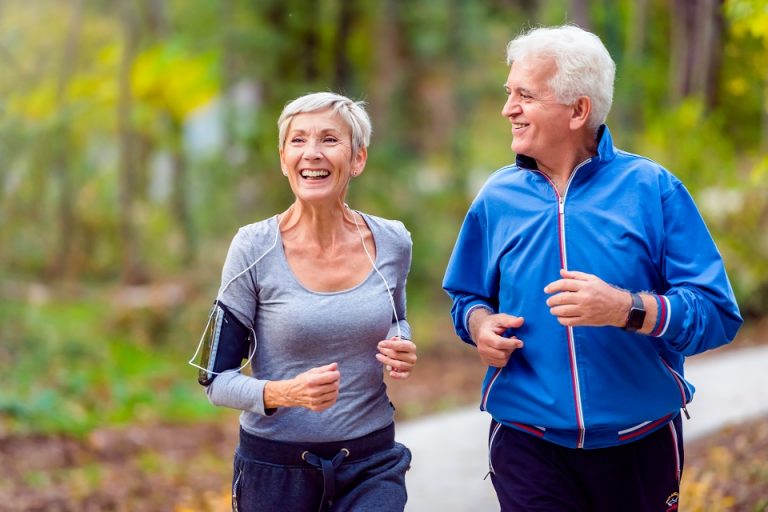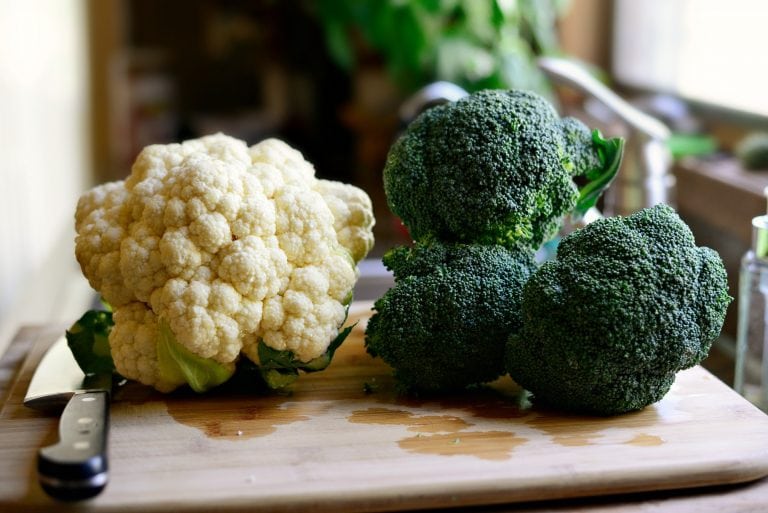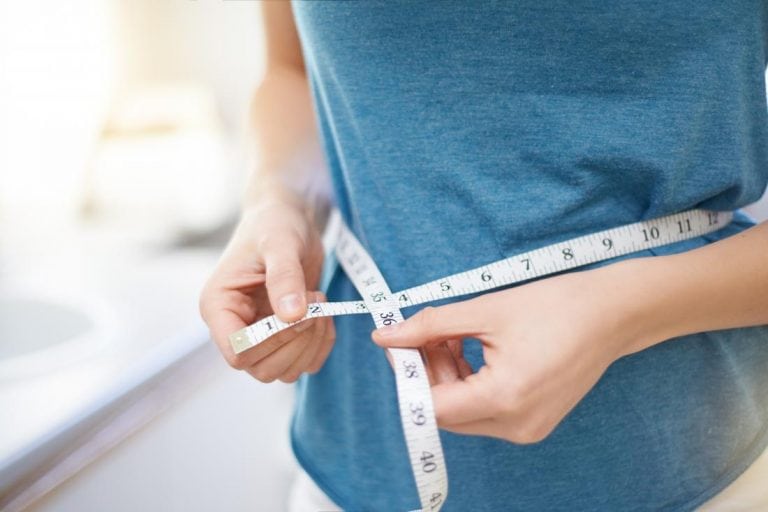If you have sleeping problems and you don’t know the cause, you should try some sleep tips, because many people are confronting with insomnia, sleep apnea and other sleep disorders. Some of the latest research found that you can sleep or sleep better with some easy tips and they aren’t the classic ones like keeping your bedroom cool or avoiding screens before bed. Let’s check these amazing sleep tips.
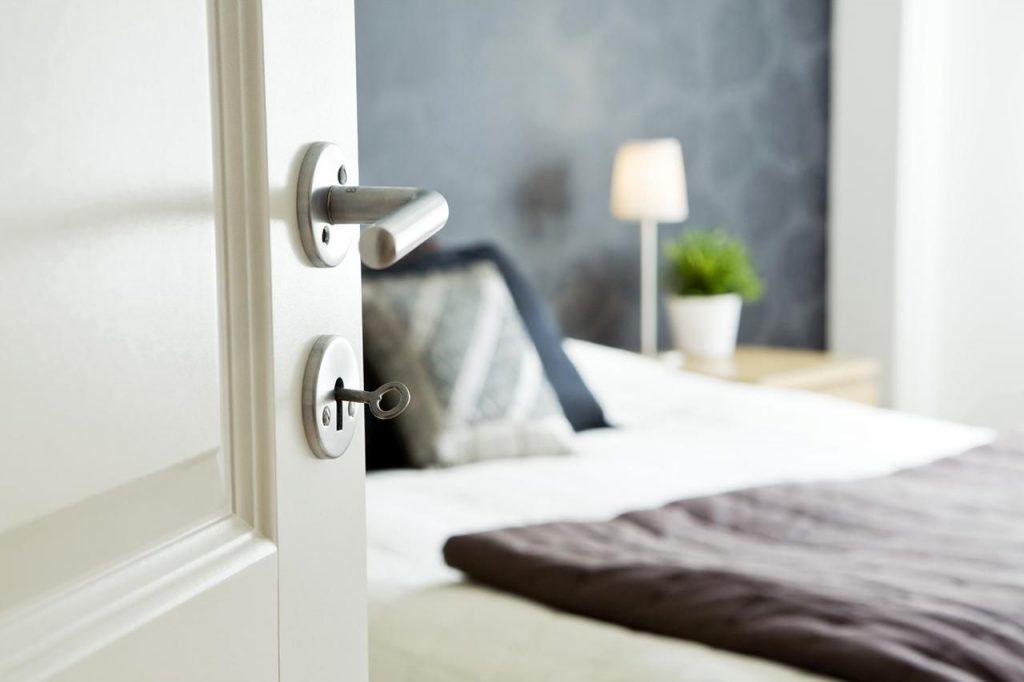
Leaving your bedroom door open
A study published in the journal Indoor Air found that if people slept with their doors and windows closed, they had higher concentrations of carbon dioxide in their rooms and this leads to poor ventilation. “Poor ventilation implies there could be a build-up of several chemicals in the room that are likely to impact health, focus, ability to relax, et cetera,” says study author Asit Mishra, PhD, a researcher at Eindhoven University of Technology in the Netherlands. “When we note high levels of CO2 in a bedroom, it is likely that the occupant would not have had as relaxing sleep as he or she may otherwise have had.”
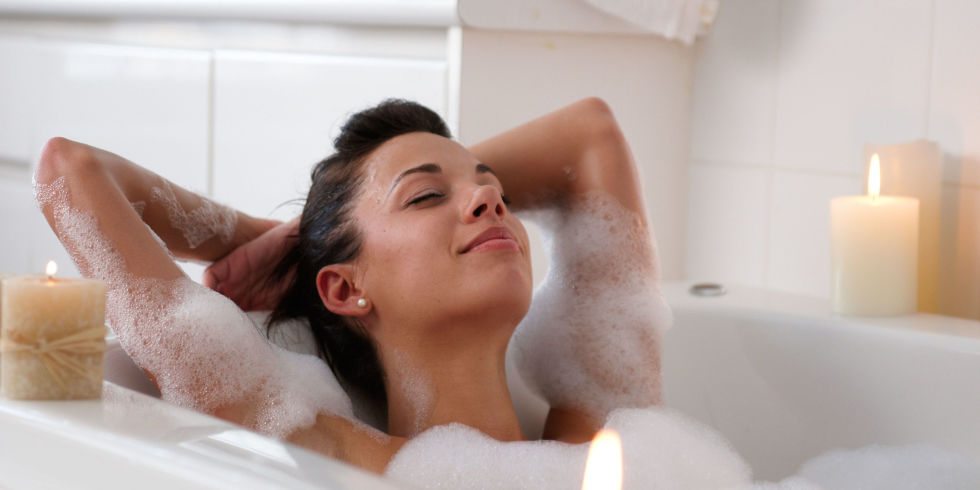
A warm bath before bed
Your core body temperature drops when you are preparing for sleep, so you will improve your sleep with a warm bath before bed. “Body temperature can correlate with circadian rhythms, so as it starts to drop after the bath it can facilitate the onset of sleep,” says Jason Ong, PhD, associate professor of neurology and sleep medicine at Northwestern University’s Feinberg School of Medicine. “The key is to take it early enough—about 75 to 90 minutes before bed—so your temperature is already falling when you get into bed.”
![]()
Ditching your sleep tracker
“A lot of sleep problems are made worse when people become obsessed and want to analyze every detail,” says Ong. Consumer wearables aren’t accurate when it comes to sleep. “They can give you a general sense of your sleep/wake patterns over time,” he says, “but they’re not great at telling the difference between when you’re laying in bed and when you’re actually asleep.”

THC
For people who developed sleep apnea, THC, a chemical found in marijuana can be helpful, according to a study published in the journal Sleep. Sleep apnea is a disorder that obstructs breathing during sleep and in a clinical trial, patients who took a synthetic version of THC saw a 33% improvement in their sleep disorder.
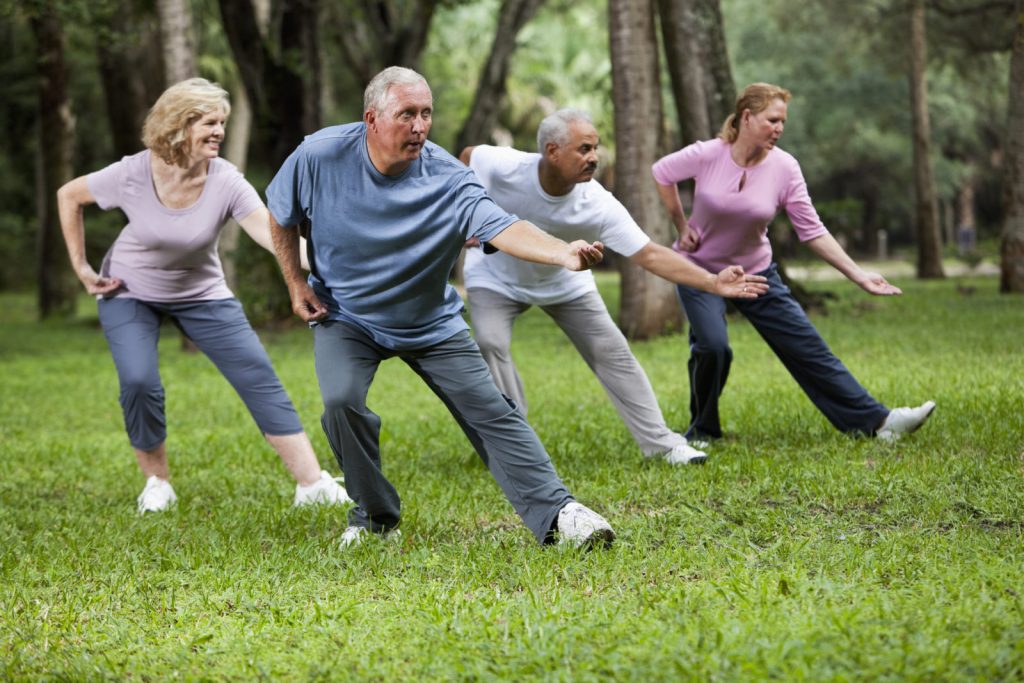
Tai chi
As you may know, it is very helpful to exercise during the day to have a better sleep at night. “If you suffer from chronic insomnia, it’s not like you’re going to tire yourself out with one workout and sleep better that night,” says Ong. “It’s more about establishing a regular exercise routine, which may help regulate your circadian rhythm and increase your drive for sleep over time.” Make a habit or a passion from tai chi sessions, because they are considered the gold-standard for insomnia treatment.



